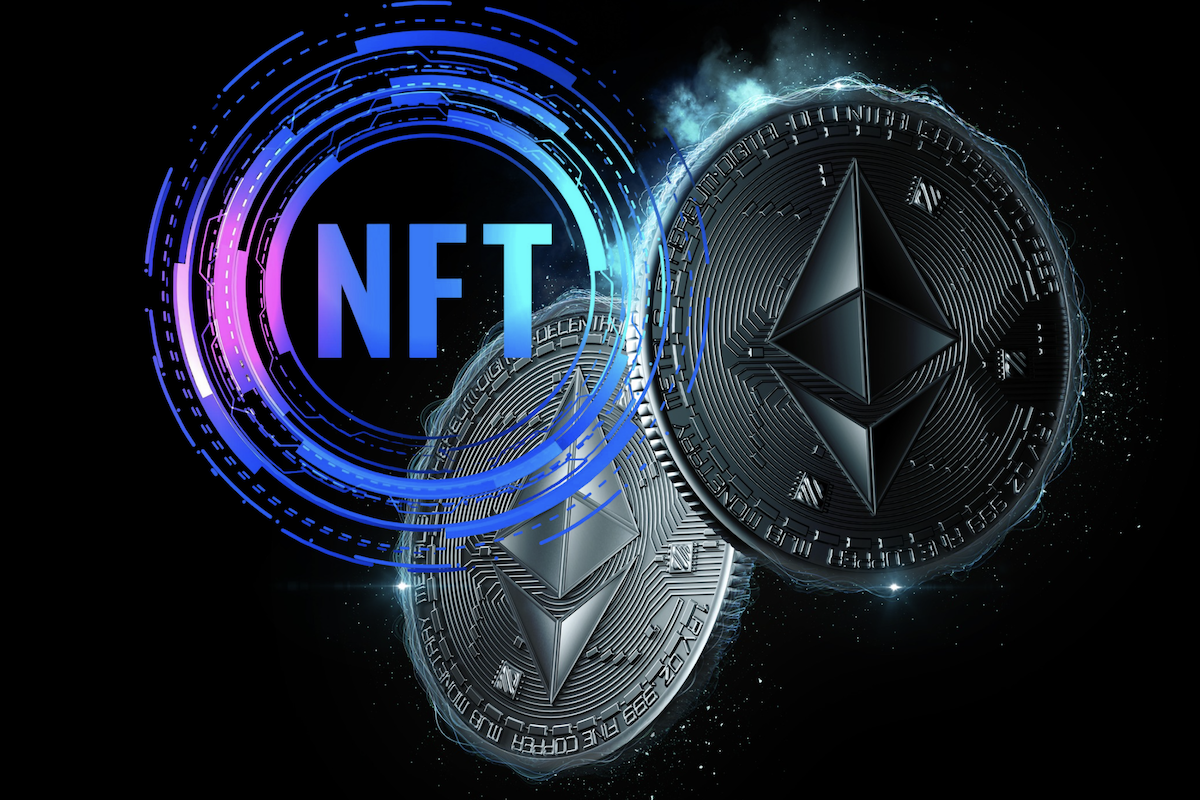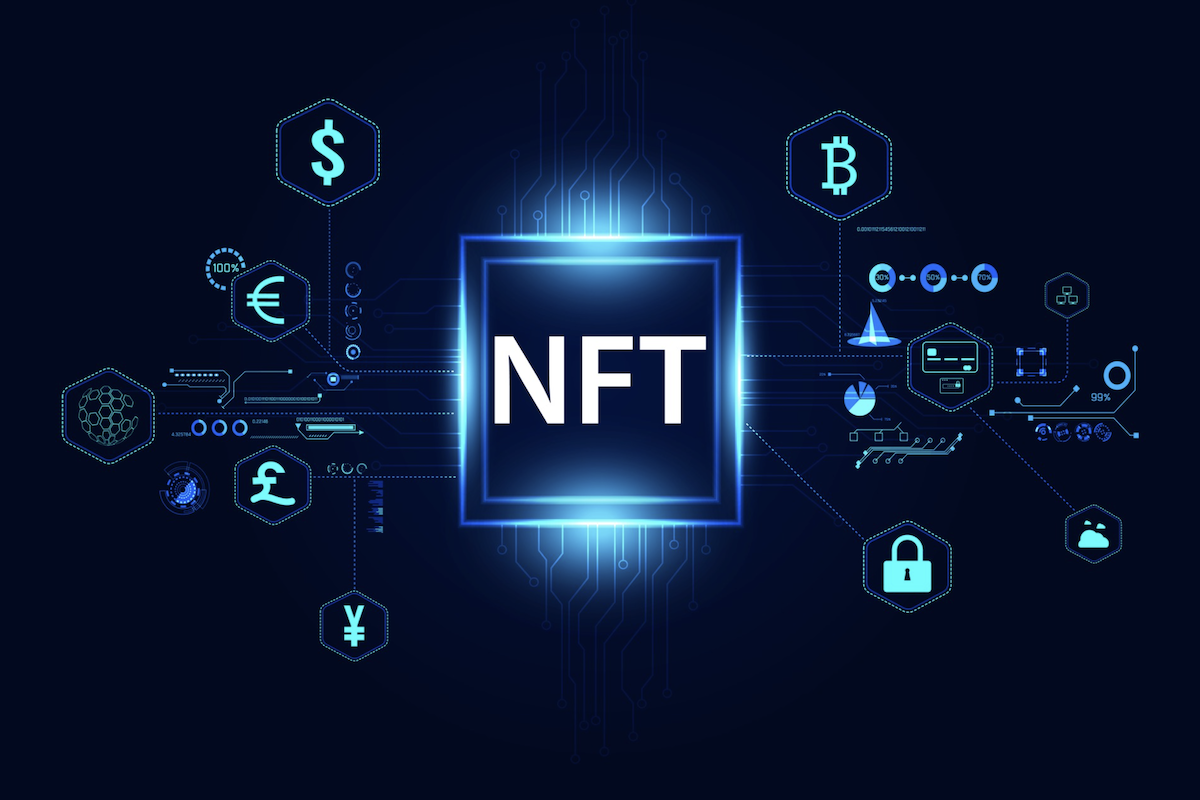Why is Ethereum So Popular For NFT Projects
The Ethereum Blockchain dominates the NFT market in relation to buyers, sellers, and trading prices. Why you may ask?
After Bitcoin, Ethereum is the most popular cryptocurrency out there. After hitting an all-time high price of $4,400 in late 2021, Ethereum came crashing back to earth.
At the time of this writing, the price is hovering around $2,000. However, before the end of the year, the price of Ethereum might reach $6,500.
NFTs are also huge. And you definitely know that. Just look at last year when people spent over $41 billion in crypto on NFT marketplaces.
So Ethereum is popular. NFTs are popular. That's clear. But why is the Ethereum Network so popular for NFT projects? Let's find out.
NFTs on Ethereum
When it comes to NFTs, the Ethereum network seems to be the natural choice for investors at this point. Why? Because more than 95% of all NFT projects exist on the Ethereum blockchain. That's why.
The Ethereum Blockchain dominates the NFT market in relation to buyers, sellers, and trading prices. In March of 2022, for instance, Ethereum generated:
$1.8 billion from NFT sales
An average price of $3,000 per NFT
Benefits of the Ethereum Network
Knowing these facts brings us to the following question: why is Ethereum the preferred blockchain for NFT projects?
The answer lies in the network's three defining characteristics:
A Large, existing network: The Ethereum Network is the second-largest blockchain in the World. That's a massive advantage when attracting buyers and sellers to your NFT marketplace.
Wide range of functions: Unlike other blockchains, Ethereum can do more than just store data. It can also execute smart contracts, which is essential for NFT transactions.
Constant innovations: The community surrounding Ethereum is always coming up with new ways to improve the network. This makes it attractive for NFT projects that want to be on the cutting edge.
ERC-721 Token and Smart Contracts
One of the most important innovations to emerge from the Ethereum community is the ERC-721 token. This token is a special kind of token that allows for the creation of unique NFTs.
ERC-721 tokens are stored on the Ethereum blockchain and can be traded on decentralized exchanges. They're also used to create smart contracts that are essentially self-executing agreements between two parties.
Smart contracts make it possible to buy, sell, and trade NFTs. Without them, there would be no way to verify the ownership of an NFT or ensure that a transaction goes through.
Ethereum NFTs vs Solana NFTs
Another blockchain that has become popular for NFT projects is Solana. Just this year, Solana NFT's total sales crossed the $1.5 billion mark.
Why is Solana so popular among NFT enthusiasts? Well, the blockchain network is known for its inexpensive, lightning-fast transactions. Solana's scalability allows that all transactions are quick as 400 milliseconds per block.
Is it a threat to Ethereum? Not really. While it has many benefits, Solana is far from perfect. For example, in September 2021, it had gone three times. In June 2022, Solana's value fell 12% because it suffered its 7th outage since the year began.
Security is also a part of the reason why users prefer Ethereum. Recently, hackers attacked a Solana bridge to the Ethereum bridge. The said incident resulted in $320 million of stolen funds.
Closing Thoughts
Ethereum is the most popular blockchain for NFT projects because it has a large, existing network and a wide range of functions.
It's also constantly innovating, which is essential for NFT projects that want to be on the cutting edge. While Solana may offer some advantages, it's not yet as secure or reliable as Ethereum.
That's why Ethereum is and will remain, the preferred choice for NFT projects, seemingly for years to come.





